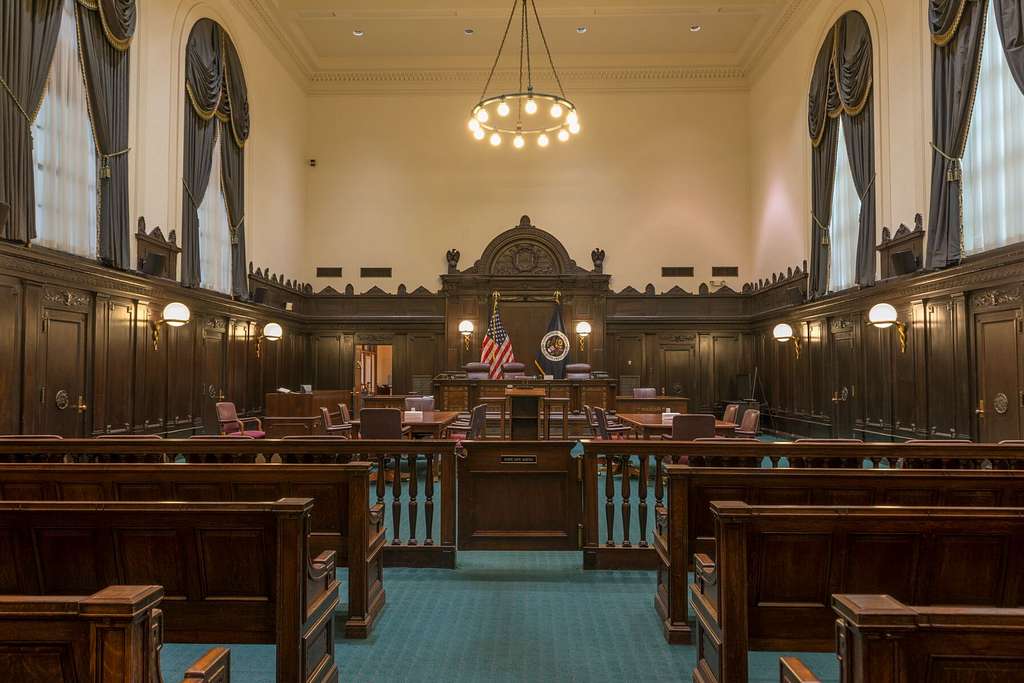
Henry Green is a student at Harvard Law School.
In today’s news and commentary, the 5th Circuit upholds injunctions that paused Board proceedings against three Texas employers, holding that the employers are likely to succeed in their arguments that the NLRB’s structure is unconstitutional; and Illinois lawmakers direct the state’s department of labor to counteract federal changes to health and safety and wage and hour laws.
In an opinion published yesterday, the 5th Circuit upheld three preliminary injunctions issued by Texas district courts based on employer arguments that the NLRB’s structure is unconstitutional. The opinion appears to say that removal protections for NLRB administrative law judges (ALJ’s) are unconstitutional, that removal protections for Board Members are “likely” unconstitutional, and that ULP proceedings can be enjoined by federal courts where there is a constitutional challenge to the NLRB’s structure.
In the district court cases, which the 5th Circuit consolidated for review, three employer-plaintiffs — SpaceX, an energy company, and a social services website — argued the NLRB’s structure is unconstitutional because ALJ’s and Board Members are insulated from presidential removal. In all three cases, courts issued injunctions that paused Board proceedings against the employers. The NLRB appealed those injunctions to the 5th Circuit, arguing the courts did not have jurisdiction to issue the injunctions, and that the injunctions were improperly issued because the employers were unlikely to succeed on the merits and had not shown irreparable harm.
In their ruling, the 5th Circuit rejected all of those arguments. On jurisdiction, the Board argued that federal courts cannot enjoin ULP proceedings because the Norris-LaGuardia Act divests them of the ability to enjoin “labor disputes.” However, the 5th Circuit rejected this argument, saying in part that these cases fall outside the Norris-LaGuardia bar because they concern constitutional challenges to the NLRA, not labor disputes. On the merits, the Court also sided with the employers. The Court said removal protections for ALJ’s are unconstitutional, citing Jarkesy. And the Court said plaintiffs were “likely” to succeed in arguing that Board Member removal protections are unconstitutional, citing the Supreme Court’s recent Wilcox case and arguing Humphrey’s Executor does not apply to the NLRB because its structure does not mirror the 1935 FTC’s closely enough. Finally, the Court said the cases showed sufficient irreparable harm to warrant the injunctions, because employers suffered the irreparable harm of “being subjected to unconstitutional agency authority.”
In Illinois, Governor Pritzker signed a bill that directs the State’s Department of Labor to replace federal wage and hour and health and safety laws that are repealed or otherwise changed. SB 1976 directs the state DOL to adopt rules “at least as stringent” as any federal wage and hour or coal mine safety regulation that is changed after April 28, 2025. The bill appears to focus on employment law protections, perhaps in an effort to avoid Garmon preemption. Bloomberg reports on something of an opposite effort in Kentucky, where lawmakers recently barred the state’s Occupational Safety and Health Standards Board from enforcing safety regulations not enacted at the federal level.






Daily News & Commentary
Start your day with our roundup of the latest labor developments. See all
December 17
The TSA suspends a labor union representing 47,000 officers for a second time; the Trump administration seeks to recruit over 1,000 artificial intelligence experts to the federal workforce; and the New York Times reports on the tumultuous changes that U.S. labor relations has seen over the past year.
December 16
Second Circuit affirms dismissal of former collegiate athletes’ antitrust suit; UPS will invest $120 million in truck-unloading robots; Sharon Block argues there are reasons for optimism about labor’s future.
December 15
Advocating a private right of action for the NLRA, 11th Circuit criticizes McDonnell Douglas, Congress considers amending WARN Act.
December 12
OH vetoes bill weakening child labor protections; UT repeals public-sector bargaining ban; SCOTUS takes up case on post-arbitration award jurisdiction
December 11
House forces a vote on the “Protect America’s Workforce Act;” arguments on Trump’s executive order nullifying collective bargaining rights; and Penn State file a petition to form a union.
December 8
Private payrolls fall; NYC Council overrides mayoral veto on pay data; workers sue Starbucks.